QUESTION:
What do the scholars of the Dīn and muftīs of the Sacred Law state regarding the following issue: My house maid placed my impure underwear, which had drops of urine on it, in the washing machine with my other clothes and washed them all together alongside each other. I also prayed salāh in these clothes, but only came to know of this now. So, will this have caused all of my clothes to become impure, and what is the ruling of said salāh in such case?
Questioner: Abdullah from India
ANSWER:
بسم الله الرحمن الرحیم
الجواب بعون الملک الوھاب اللھم ھدایة الحق والصواب
If there are such washing machines in India which rinse the clothes and drain the water a few times, just as they are in the U.K. then the clothes will become pure in such said case. If there are no such washing machines; rather, they are such that the water remains inside only the machine during the washing and spins, in which the impurity from the impure clothes mixes with the water causing them to become impure, then in such case, the pure clothes will become impure due to coming into contact with the impure water.
However, the one who is aware of the customs of the Indian subcontinent will know that when the machines there stop after the washing is complete, then in order to remove the soapy water from them, they are placed in a large tub and a water pipe is left running over them. They are then scrubbed, and then squeezed after this in order to rid them of any soap. Water is then poured over them, and then alongside removing the soapy water from them, the impure water is also removed, thus, purifying all of the clothes. If this is also the same process for yourself, then it is correct for you to wear these clothes and then pray salāh.
The reason for this is because if a lot of water is poured over the clothes and one is at least 51% sure that the impurity has been drifted away i.e. been removed, or that the water pipe is left open on the clothes, as this is in the ruling of running water. Thereby, whenever any impurity is washed with flowing water or a large amount of water, then it is not a condition for it to be washed & squeezed thrice. Rather, if one is at least 51% sure that the impurity has been washed away, then the clothes are pure.
It is stated in Fatāwā Amjadiyyah that this rule (of washing & squeezing three times) is when only a small amount of water is used to wash & clean. If it is washed in a large amount of water (i.e. a pool of water which is ten yards long, ten yards wide and ten yards deep/canal/stream or river) or a lot of water flows over it, or it is washed in flowing water, then there is no need to squeeze it.
[Fatāwā Amjadiyyah, vol 1, pg 35]
Likewise, it is stated in Bahār-e-Sharī’at that the basis in this matter is that if there is a predominant likelihood that, if left in the water for a certain amount of time, the flowing water will carry away the impurity, it will be regarded as being clean within that time, as squeezing the item is not a condition when purifying it with flowing water.
[Bahār-e-Sharī’at, vol 1, part 2, pg 339]
However, if the impure clothes are not properly washed, just as has been mentioned above. In fact, the impure clothes were taken out of the machine and dried without washing them with soap, washing powder, etc then such clothes will definitely remain impure. If you are sure that you prayed salāh in these impure clothes, then any salāh in such said state have not been fulfilled, therefore, they should be washed because salāh is not valid in impure clothes. In fact, even if any impure cloth is touching the body, then salāh is not valid in this state either.
Just as it has been stated in Radd al-Muhtār,
“شَيْءٌ مُتَّصِلٌ بِهِ يَتَحَرَّكُ بِحَرَكَتِهِ كَمِنْدِيلٍ طَرَفُهُ عَلَى عُنُقِهِ وَفِي الْآخَرِ نَجَاسَةٌ مَانِعَةٌ إنْ تَحَرَّكَ مَوْضِعُ النَّجَاسَةِ بِحَرَكَاتِ الصَّلَاةِ مَنَعَ”
“If there is anything touching the body of the one praying salāh, such that if this person was to move, then that thing would also move alongside with the body, for instance, a handkerchief/napkin, in the sense that if one end is touching the neck of the one praying salāh, and the other end has a certain amount of impurity on it, then this would render salāh invalid.
[al-Durr al-Mukhtār ma’ Radd al-Muhtār, vol 2, pg 147]
والله تعالی أعلم ورسوله أعلم صلی الله علیه وآله وسلم
کتبه أبو الحسن محمد قاسم ضیاء القادري
Answered by Mufti Qasim Zia al-Qādiri
Translated by Haider Ali al-Madanī
Read the original Urdu answer here: [Q-ID0872] What if I washed pure and impure clothes together, can I pray in these clothes?



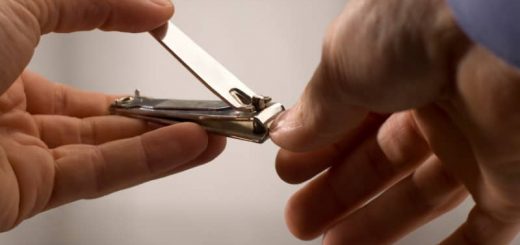




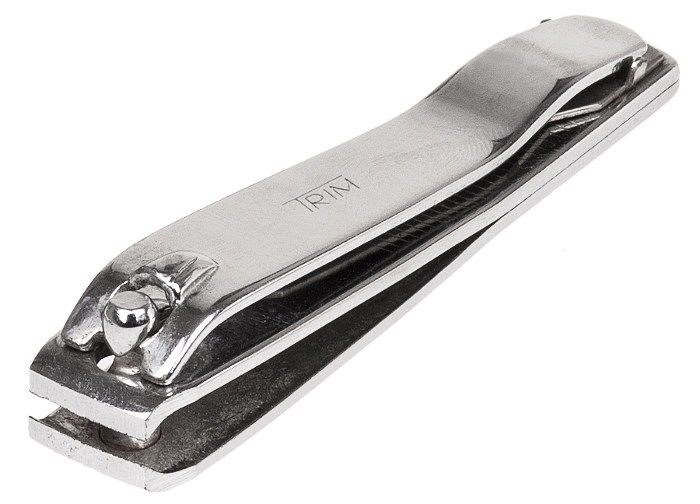
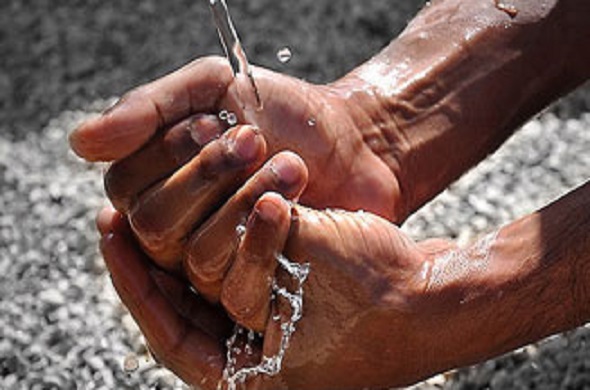


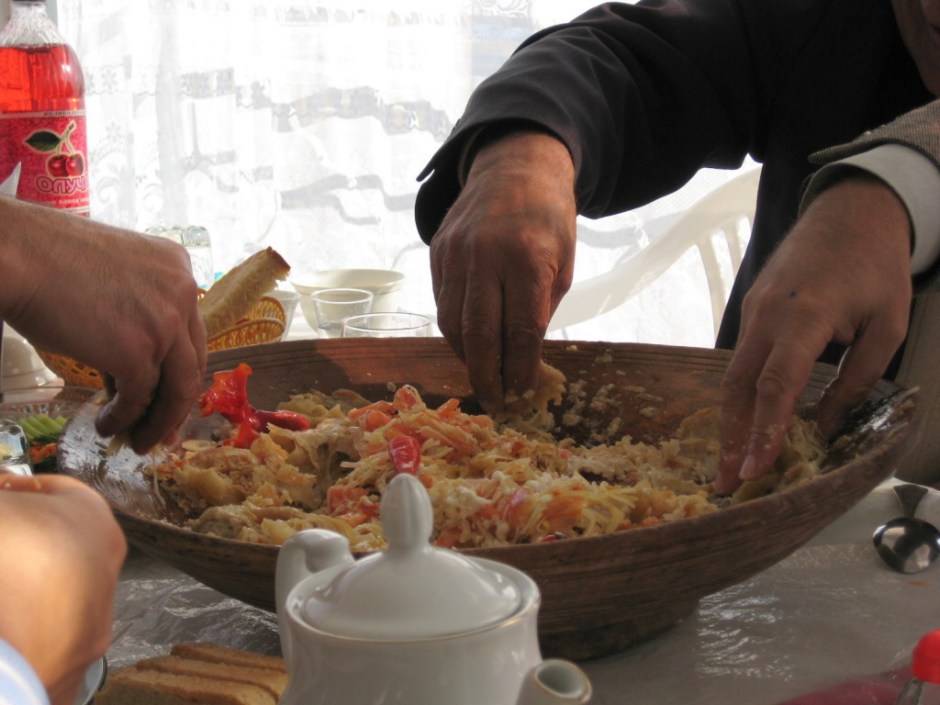

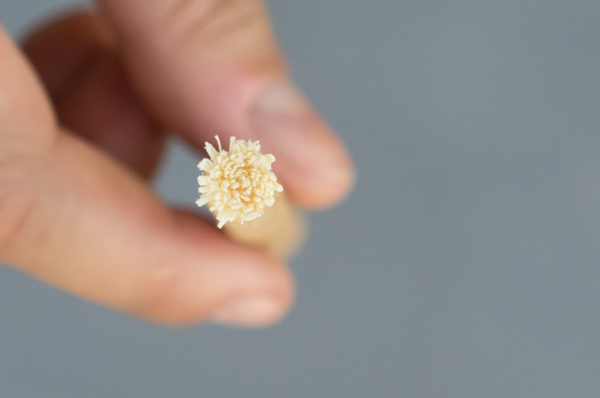

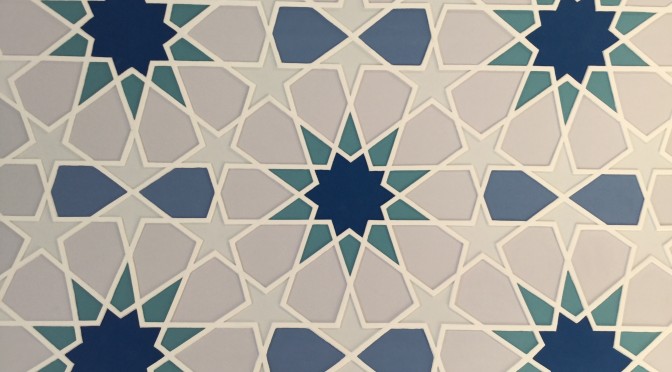


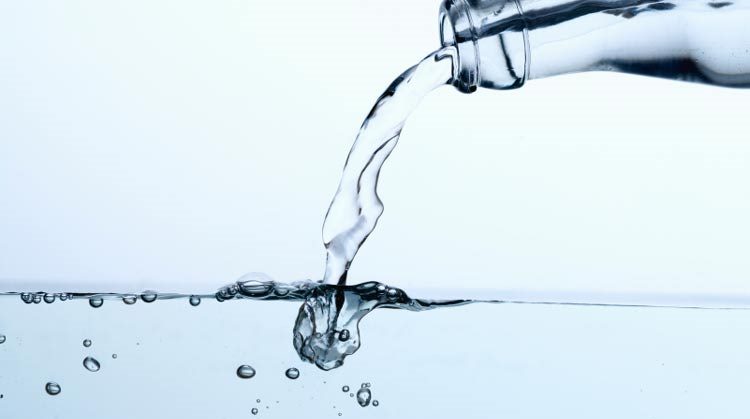
![[Q-ID0198] How to purify carpet in the Mosque on which a kid urinated on?](https://www.seekerspath.co.uk/wp-content/themes/hueman-pro/assets/front/img/thumb-medium-empty.png)













